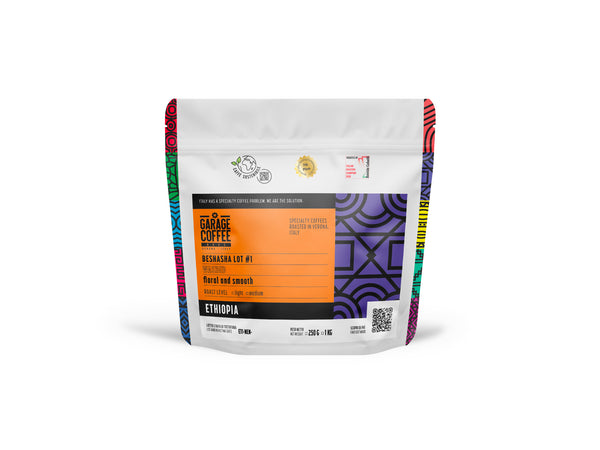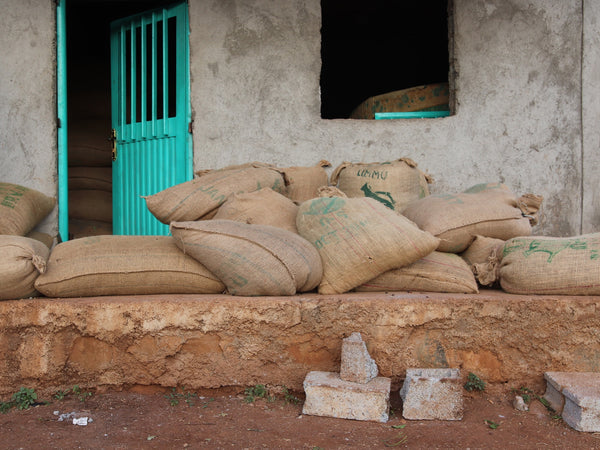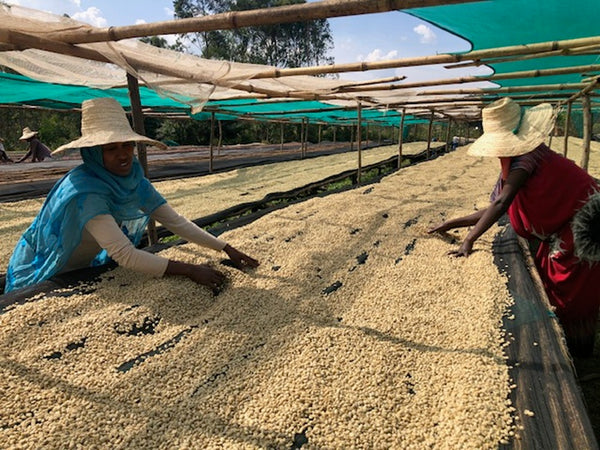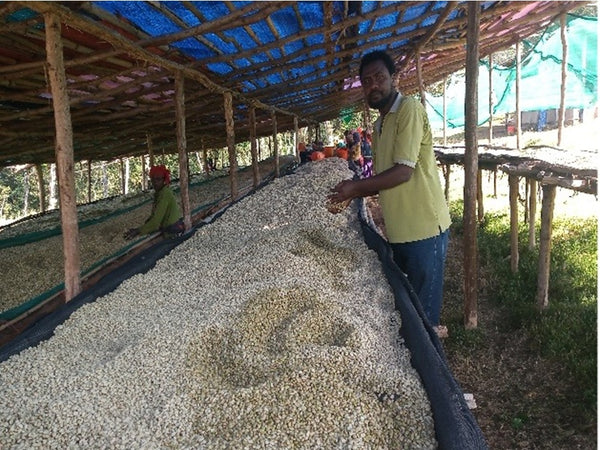Specialty Coffee Ethiopia Beshasha Lot1 Washed
Tax included
Shipping calculated at checkout
In stock
FARMGATE PRICE
FARMGATE PRICE: €7.08 (paid directly to the farmer)
The Farmgate price is ultimately the actual price paid to the farmer who produced the coffee at origin. It is the most transparent price you can find.
To the Farmgate price, the following costs must be added before reaching the roastery:
- Packaging costs
- Handling costs at origin
- Logistics costs (shipping and customs duties)
- Handling costs upon arrival
- Customs clearance and phytosanitary inspection costs in Europe
- Internal transport costs
SENSORY DESCRIPTION
TECHNICAL DESCRIPTION
| Origin | Ethiopia |
| Area | Jimma |
| Cooperative/Farm | Beshasha |
| Microlot | Lot1 |
| Altitude | 2100m |
| Variety | Heirloom Varieties |
| Process | Washed |
FULL DESCRIPTION
Mustefa Abakeno, a small and passionate producer from the Jimma Zone in western Ethiopia, runs a large 18-hectare farm located at an impressive altitude of 2,040 meters above sea level. His farm is a testament to Ethiopia's rich coffee heritage and features a wide range of coffee varieties from the prestigious Jimma research center.
At the start of his venture, Mustefa purchased a three-disc coffee pulper, used to allow him to process half of his harvest as fully washed coffee.
Washed Process
-
Delivery of cherries and flotation to remove immature ones.
-
Pulping of the coffee cherry.
-
Fermentation in tanks for 8-12 hours.
-
Washing and cleaning in channels, separating floating parchment particles.
-
Pre-drying in the shade (Skin drying) - cleaning the coffee from initial defects, easier when the coffee is still moist (50% humidity).
-
Transfer to drying beds where it dries for 7-10 days, covered with shading nets from 11:00 AM to 2:00 PM every day.
In 2018, Mustefa embarked on his journey as an exporter, benefiting from regulatory changes that allowed him to interact directly with demanding buyers. To facilitate this venture, he founded the washing station "Beshasha," a versatile facility that processes both his coffee and that of local producers. These producers, neighbors of Mustefa, collectively manage plots ranging from 4 to 10 hectares.
During the most recent harvest season, the primary focus was training and supporting Mustefa and the local farmers supplying cherries to the washing station. His efforts led to numerous improvements, including the installation of shade nets to protect drying beds during the hottest hours of the day. Cherry selection at the delivery point, labeling of daily lots for separation, and careful monitoring of moisture levels during drying ensure even drying before lot assembly. Mustefa began experimenting with stumping on his farm and subsequently with six other nearby farmers.
Mustefa operates a small field laboratory, equipped with a high-spec Sinar moisture meter purchased in 2020. This device ensures that all parchment dried at the stations reaches a consistent moisture level before storage. Harun, an agronomist, evaluates and grades the daily dried lots, categorizing them based on quality and cup profile. At the same time, he provides training on good agricultural practices (GAP) to local farmers, aiming to elevate the quality and productivity of their plantations.
Furthermore, Mustefa's commitment to excellence extends to infrastructure development. He built a modern warehouse in Agaro, impeccably equipped for milling natural coffees. This investment underscores his dedication to refining and enhancing the processing of coffee cherries to meet the highest standards.
In a significant move during the 2022 off-season, Mustefa acquired four additional buying sites: Echamo, Jarso, Badeyi, and Saadi. These sites serve as crucial collection points where cherries are meticulously selected and purchased from nearby farmers. The cherries bought at these sites are then transported to the two main processing stations, Beshasha and Kabira, where Mustefa's strict standards and expertise are consistently applied.
This strategic expansion not only strengthens Mustefa's ability to source exceptional coffee cherries but also consolidates his role as a catalyst for community development in coffee-growing regions.
How to choose:
NITROGEN AND VACUUM
Our packages are all packaged in a protected atmosphere (first under vacuum and then we insert nitrogen), using this particular technology which eliminates oxygen in the package, the coffee remains fresh for up to 3 months after roasting.
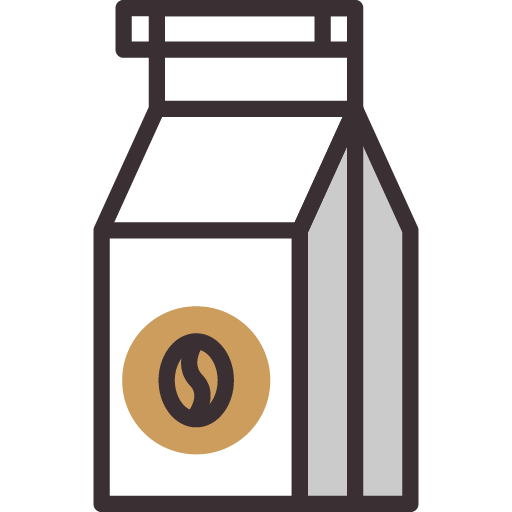
ROAST
We roast in two different ways, dividing into two main groups, based on the type of extraction:
- Light: suitable for Filtro/Aeropress type extractions, or for those looking for a coffee with a note of strong acidity and many aromas.
- Medium: suitable for Espresso/Moka extractions, or for those who want a coffee with a much more intense flavor and a hint of bitterness.

GRINDING
There are dozens of different grindings, it can be said that each machine or equipment requires a specific grinding.
With us you can choose to buy ground coffee for Moka or Filter.
We have tried to summarize them as follows:
- Jug/Cezve:
- Espresso:
- Moka:
- V60 Filter:
- Chemex:
- French Press/Infusore:

HOW LONG DOES IT LAST?
Coffee has a limited shelf life when it comes to quality. Although the label may state up to 24 months, generally high-quality coffee loses most of its flavor and aroma within a few months. We recommend drinking it between 10 and 60 days after the roasting date (provided the bag has never been opened). Once the bag is opened, the coffee quality deteriorates quickly and aromas and flavor are lost within a few days. Unfortunately, the roasting date is not always printed, especially by larger companies. On our packages, you will clearly find it written on the back.
P.S. all our bags are vacuum-packed with added nitrogen, which extends the potential shelf life of the product.
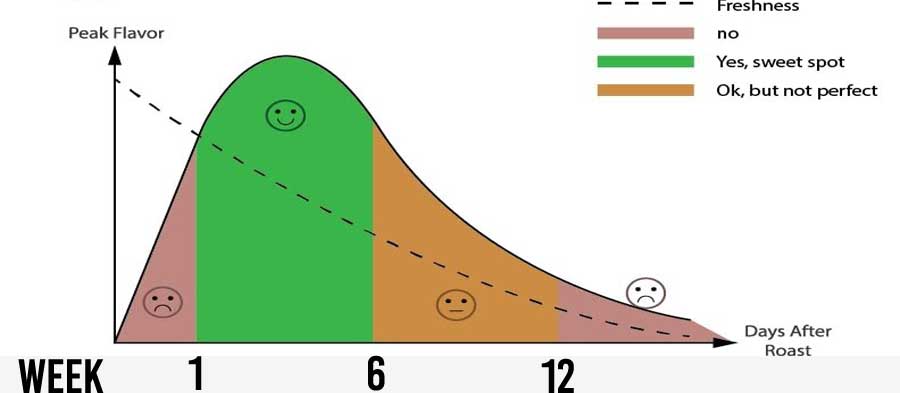
How to do:
ESPRESSO
Espresso requires some precision rules:
- Quality coffee
- Recommended roasting within 30-40 days
- Fine grinding
- Water temperature around 90-92°
- A single dose of 8-9g (double dose of 15-17g)
- Extraction time approximately 25 seconds
The use of quality espresso machines (range from €600 and up) can ensure a better result.
Preferably are machines that also have a coffee grinder to grind "fresh" coffee

MOKA
The Moka requires a little attention:
- Use filtered or bottled water (NO TAP)
- Recommended roasting within 30-40 days
- Medium-fine grinding
- Fill the boiler with water without exceeding the valve
- Place the ground coffee into the filter without pressing or making any bumps, simply level it at the edge
- Place over medium heat
- Wait for the liquid to rise through the chimney, without letting it gurgle (TURN OFF AS SOON AS THE FLOW OF COFFEE BEGINS TO GO FAST AND COLOURLESS)
- Mix before serving
The Moka should only be washed with water and any neutral detergents (taking care to rinse carefully with water), never in the dishwasher or with abrasive sponges.
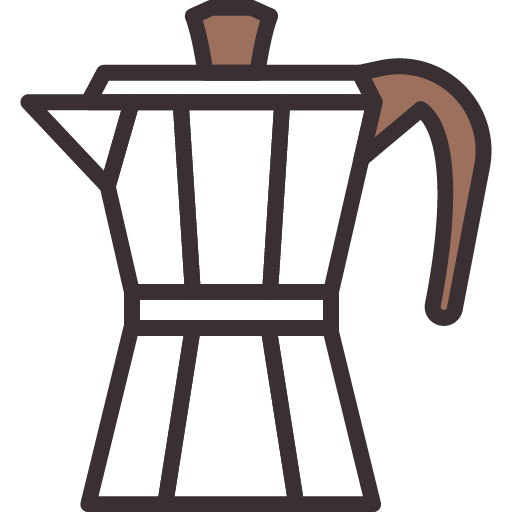
FILTER V60/CHEMEX
Filter or Chemex coffee requires precision in times and weights, some advice:
- Quality coffee
- Recommended roasting within 20 days
- Medium grind (medium-coarse for Chemex)
- Filtered or bottled water
- Water temperature of approximately 90-94° depending on the coffee used (generally those washed at higher temperatures)
- Approximately 15g of ground coffee for every 250g of water (Chemex at least 30g per 500g of water)
- Pre-infuse for 30-40 seconds by pouring hot water for double the weight of coffee used
- Pour the water in two or three steps as desired with a rotating direction, being careful not to create too much turbulence
- Contact/percolation time approximately 3 minutes (4-5 for Chemex)
A light roast is generally recommended for filter systems
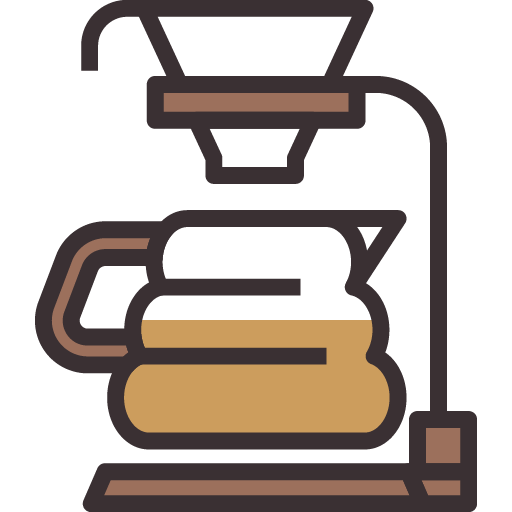
AEROPRESS
The Aeropress requires some precision rules:
- Quality coffee
- Recommended roasting within 20-30 days
- Medium grind (or as preferred)
- Use filtered water or bottle
- Water temperature around 85-90°
- A dose of approximately 17g per 200-220g of water
- Pour water for pre-infusion of 30-40 seconds
- Mix with the appropriate spoon
- Then pour in the remaining water and close the cap
- Turn the aeropress upside down and press firmly but steadily until extraction is complete
- Total contact/infusion time 2-3 minutes

OTHER SYSTEMS
There are dozens of different systems for extracting coffee, we have summarized the main ones here but if you need to know how to do the others not on the list, contact us


